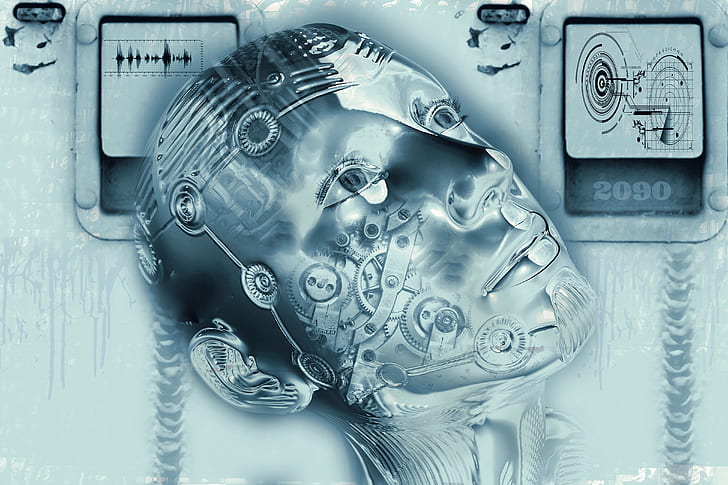AI Chatbots Can Guess Your Personal Information From What You Type
Introduction
Artificial Intelligence (AI) has revolutionized various aspects of our lives, and one of its applications is the development of chatbots that provide automated responses and assistance. While these chatbots are convenient and efficient, recent studies have shown that they have the potential to extract personal information from users based on their input.
This issue raises concerns regarding data privacy and security in the age of AI-driven technology. Let’s explore how these AI chatbots can guess your personal information from what you type.
Understanding AI Chatbots
AI chatbots are computer programs built with Natural Language Processing (NLP) capabilities, enabling them to understand and respond to human language effectively. Through machine learning algorithms, these chatbots analyze user inputs and generate suitable responses.
“AI chatbots function by recognizing patterns and analyzing keywords that users type in order to provide an appropriate response. This process may inadvertently reveal personal information.”
Recognizing Patterns and Keywords
AI chatbots learn from extensive training on large datasets. They develop an understanding of language patterns and correlations between certain phrases and information categories such as names, addresses, or even social security numbers.
When users interact with chatbots, they might unknowingly provide hints or keywords that trigger the chatbot’s association with specific personal information. For instance, simply mentioning a date could lead the chatbot to assume it is your birthday or another important event.
Data Leakage and Privacy Concerns
Chatbots often store user inputs to improve their performance and provide personalized experiences. However, without effective data anonymization and encryption techniques, there is a potential risk of personal information being stored and accessed by unauthorized entities.
Data breaches or leaks can expose sensitive details, leaving users vulnerable to fraud, identity theft, and other malicious activities.
Protecting Your Personal Information
While AI chatbots raise privacy concerns, there are steps you can take to protect your personal information:
- Be mindful of the information you share with chatbots and avoid disclosing sensitive data unless necessary.
- Ensure the chatbot platform you interact with follows stringent privacy policies and regulations.
- Regularly review and delete chat logs stored by chatbot platforms.
“As chatbot technology evolves, developers need to prioritize robust security measures and user privacy to mitigate the potential risks associated with personal data extraction.”
Conclusion
AI chatbots bring significant advantages in enhancing customer service and user experiences. However, it is crucial to recognize and address the privacy concerns associated with these technologies. Users should remain cautious and informed about the personal information they share, while developers should prioritize secure design practices to protect user data.


Recent Comments